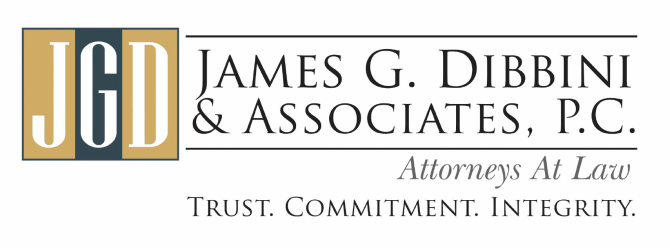Commencing a Holdover Proceeding
To commence a holdover proceeding, a landlord must provide a tenant with written notice that his/her actions are in violation of the lease and provide the tenant with time to cure – usually ten days. This type of notice is known as a Notice to Cure which must be served in strict accordance with applicable state law to avoid dismissal. If service is improper or the Notice is not drafted properly, the court does not have jurisdiction and your case could be dismissed. However, under specific circumstances, a landlord may skip this step if the tenant’s actions are incurable and may proceed straight to a Notice to Vacate.
Examples of tenant’s actions that may not be curable are:
- illegal gambling; or
- prostitution.
Next, a landlord serves the tenant with a Notice to Vacate, which is written notice of termination of his/her lease. This notice must contain a date by which the tenant must vacate; generally one full calendar month is required. If the tenant fails to vacate after the expiration of the Notice to Vacate, the landlord would then need to commence the holdover action in court.
However, a landlord must be careful not to accept rental payments from the tenant after Notice to the tenant is served. Accepting rental payments after the holdover proceeding begins could reinstate the tenancy and lead to dismissal of the proceeding. To avoid dismissal, the landlord should immediately reject any payments made by the tenant until the landlord’s attorney is able to request and receive permission from the court to allow the landlord to accept use and occupancy payments from the holdover tenant. Granting use and occupancy allows a landlord to collect the money owed without facing dismissal.
James G. Dibbini & Associates, P.C. have over 20 years of experience representing landlords and tenants in holdover proceedings. We will ensure that your holdover proceeding is commenced correctly and will work diligently to get your matter resolved quickly–saving you time and money. Let us help you. Call us today at (914) 965-1011 to get started in obtaining assistance with resolving your tenant situation or email us at jdibbini@dibbinilaw.com. In the meantime, click HERE to get started today in resolving your holdover tenant matter by filling out our Holdover Intake Sheet.
Examples of tenant’s actions that may not be curable are:
- Chronic nonpayment of rent where landlord has brought multiple nonpayment proceedings against tenant within a certain timeframe;
- Illegal subletting or assignment of the rental unit;
- Tenant behaves in a way that threatens the life, safety or comfort of other tenants and/or the landlord;
- Tenant, subject to rent stabilization, not using the premises as his/her primary residence; and
- Tenant uses the apartment for illegal activities such as:
- illegal gambling; or
- prostitution.
Next, a landlord serves the tenant with a Notice to Vacate, which is written notice of termination of his/her lease. This notice must contain a date by which the tenant must vacate; generally one full calendar month is required. If the tenant fails to vacate after the expiration of the Notice to Vacate, the landlord would then need to commence the holdover action in court.
However, a landlord must be careful not to accept rental payments from the tenant after Notice to the tenant is served. Accepting rental payments after the holdover proceeding begins could reinstate the tenancy and lead to dismissal of the proceeding. To avoid dismissal, the landlord should immediately reject any payments made by the tenant until the landlord’s attorney is able to request and receive permission from the court to allow the landlord to accept use and occupancy payments from the holdover tenant. Granting use and occupancy allows a landlord to collect the money owed without facing dismissal.
James G. Dibbini & Associates, P.C. have over 20 years of experience representing landlords and tenants in holdover proceedings. We will ensure that your holdover proceeding is commenced correctly and will work diligently to get your matter resolved quickly–saving you time and money. Let us help you. Call us today at (914) 965-1011 to get started in obtaining assistance with resolving your tenant situation or email us at jdibbini@dibbinilaw.com. In the meantime, click HERE to get started today in resolving your holdover tenant matter by filling out our Holdover Intake Sheet.

